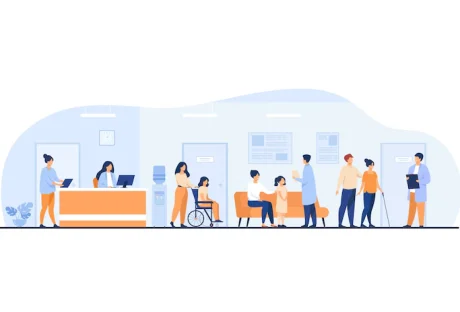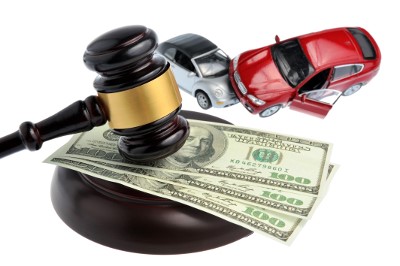The Texas Department of Criminal Justice (TDCJ) is a state agency that oversees prisons, jails, and other correctional facilities. The TDCJ monitors these institutions to ensure they meet specific standards related to security, health, and other factors.
If you have a friend or family member who has been arrested in Texas and is currently serving time in jail or prison, it’s important to know how to locate them.
The TDCJ Inmate search makes it easy for you to locate an inmate based on their name and ID number. Follow this guide to learn more about this helpful tool.
How To Use The TDCJ Inmate Search?
It’s important to note that the TDCJ inmate search is a database containing information about offenders currently incarcerated in Texas Department of Criminal Justice (TDCJ) facilities.
The database was created so citizens could easily search for information about inmates, only showing inmates currently in TDCJ facilities.
Some people want to find out if a convict was released, and others seek information about when family members imprisoned may return home. Thus, this database should only ever be used for personal purposes.
TDC J’s online prisoner portal displays specific information about each prisoner. A prison profile page displays charges, custody, and other details. Anyone wishing to locate an inmate can use the direct link or search online for the offender information search page.
To perform a successful search, you must enter at least the following details:
- Inmate name(last name and initials of the first name)
- SID (state identification) number
- Race
- gender
The system searches for a match with the last name provided
Other Ways Of Finding An Inmate

The texas department of criminal Justice is a big and vast system. If you like to seek help in finding the inmate, there are many other alternative solutions as well as that department.
Here are the other alternative ways for finding an inmate. Read it and learn about the other alternative ways of finding the inmates.
1. Email Request
The Texas department of criminal justice jobs is complicated. Especially when you want to do the job with the help of pen and paper. But there are certainly some other ways for finding the inmates by simple information gatherings.
You can obtain the following information (please be specific in your email about what you are requesting):
- Inmate location
- TDCJ number
- Offense of Conviction
- Prior and current incarcerations: offense, county, and court for which the inmate was previously imprisoned
- Date of projected release
Send the TDCJ number and inmate’s full name to pia@tdcj.texas.gov. You may also provide their approximate age and county of conviction if you do not know their TDCJ number. Your email subject line should include the name of the inmate.
NB: You do not have to pay for this service. Also, inmate photographs or Social Security numbers will not be released.
2. Telephone Request
If you have the contact numbers of the inmate, the finding process is going to be far more accurate and streamlined. Here are some of the ideas following which you can find the inmate status and locations.
You can find out an inmate’s status/location by calling the following numbers:
- Call (512) 406-5202 for inmate parole release status (following approval by BPP). Date of birth or TDCJ or SID# is required.
- (936) 295-6371 and (800) 535-0283 – Inmate Locator/General Information Line
*NOTE: You must provide the EXACT date of birth of the inmate if you do not know about their TDCJ or through the SID number.
CONCLUSION
Digitalization has become easier than ever to access TDCJ or federal inmate records. If an inmate has been arrested and charged, you can use the TDCJ website to find the charges and other information about them.
You can also look up current inmates eligible for parole or probation. What is your opinion? If you think we are missing any of the points, then let us know your opinion through the common section.
Read Also:






















